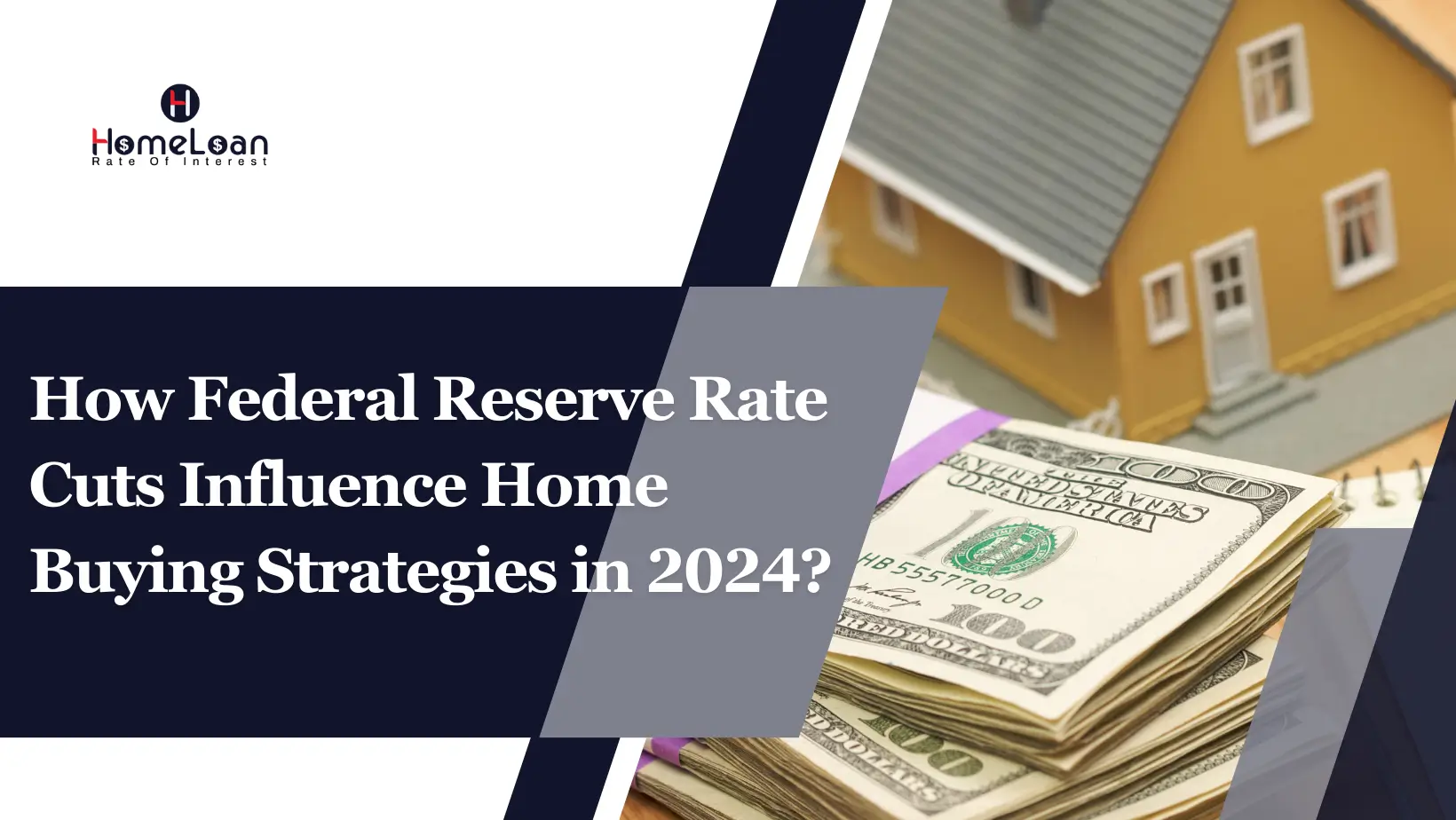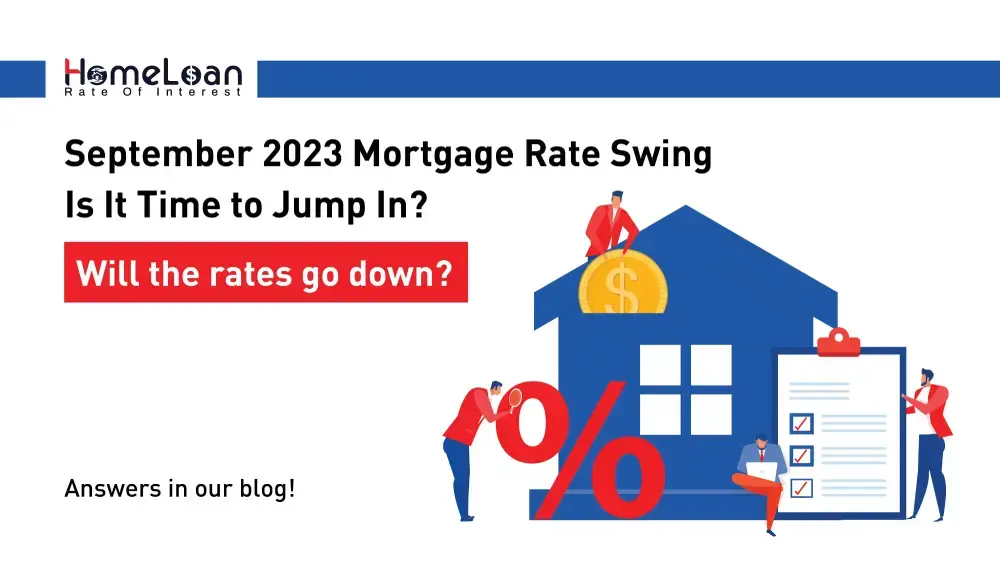
- 19 May, 2023
Mortgage Homebuyers Fee Structure: The Inside Scoop
Demystifying Biden's New Mortgage Fee Rules
If you're planning to buy a new home, you might want to keep a close eye on the new mortgage fee rules announced by the Biden Administration. The new rules are set to come into effect in May 2023, and will have an impact on all homebuyers, regardless of their credit score.
The primary objective of the new mortgage fee rules is to help risky borrowers get access to mortgage loans, while also ensuring that those with high credit scores pay a little more. In essence, the new rules seek to create a more balanced mortgage fee structure, where those who are financially secure help those who need a little more assistance.
Let's take a closer look.
Firstly, it's important to understand that the new mortgage fee rules will impact homebuyers differently, depending on their credit score. For homebuyers with good or high credit scores, the new rules will result in an increase in mortgage fees. On the other hand, those with lower credit scores can expect to see a decrease in fees.
For example, according to recent research, homebuyers with a credit score of 700 or above can expect to pay up to 0.5% of the loan amount in mortgage fees. However, those with a credit score below 600 will pay only 0.25% of the loan amount.
While the new mortgage fee rules may seem unfair to those with good credit scores, it's important to note that they have been put in place to help risky borrowers. By charging higher fees to those with good credit scores, lenders can offset the risk of providing loans to those with lower credit scores.
Additionally, the new mortgage fee rules also incentivize lenders to provide mortgage loans to those with lower credit scores. In the past, lenders may have been reluctant to provide loans to risky borrowers due to the potential for default. However, with the new fee structure, lenders can recoup some of their losses by charging higher fees to those with good credit scores.
It's also worth noting that the new mortgage fee rules are not set in stone. As with any new policy, there are bound to be advantages and disadvantages that will become apparent over time. For example, some experts worry that the new rules could result in a decrease in home sales, as homebuyers balk at the higher fees. On the other hand, some experts believe that the new rules could help to create a more stable housing market in the long run.
Ultimately, the new mortgage fee rules under the Biden Administration seek to create a more balanced fee structure that helps both risky borrowers and financially secure homebuyers. While the rules may have some drawbacks, they are a step in the right direction towards creating a more equitable housing market. So if you're in the market for a new home, be sure to keep these new rules in mind and consult with your lender to fully understand how they will impact you.
Another important aspect to consider when understanding the new mortgage fee rules is the role of credit scores. As we mentioned earlier, the rules impact homebuyers differently depending on their credit score.
Credit score is a measure of a person's creditworthiness, or their ability to pay back loans. A higher credit score indicates that a person is financially responsible and has a history of paying back loans on time. On the other hand, a lower credit score indicates that a person is more of a risk and may have a history of missing payments or defaulting on loans.
In the past, lenders have used credit score as a primary factor in determining a borrower's mortgage fees. However, the new mortgage fee rules seek to create a more balanced fee structure that takes into account the risk of providing loans to risky borrowers.
While credit score will still be a factor in determining mortgage fees, it will not be the sole factor. Lenders will also consider other factors, such as the borrower's income, employment history, and debt-to-income ratio.
One advantage is that they could help to create a more stable housing market by incentivizing lenders to provide loans to risky borrowers. This could lead to an increase in home ownership and help to reduce wealth inequality.
However, one potential disadvantage is that the new rules could result in a decrease in home sales as homebuyers balk at the higher fees. Additionally, some experts worry that the new rules could lead to a decrease in the availability of mortgage loans for those with good credit scores, as lenders may be reluctant to provide loans if they are charging higher fees.
Overall, the new mortgage fee rules under the Biden Administration seek to create a more balanced fee structure that helps both risky borrowers and financially secure homebuyers. While there may be some drawbacks, the rules are a step in the right direction towards creating a more equitable housing market.
In conclusion, the new mortgage fee rules are set to come into effect in May 2023 and will have an impact on all homebuyers. The rules seek to create a more balanced fee structure that takes into account the risk of providing loans to risky borrowers. We at Home Loan Rate of Interest are here to help assist you throughout this process.
While homebuyers with good credit scores may see an increase in fees, those with lower credit scores can expect a decrease. Ultimately, the rules aim to create a more stable housing market and reduce wealth inequality. Be sure to consult with the industry expert to fully understand how the new rules will impact you.










































































